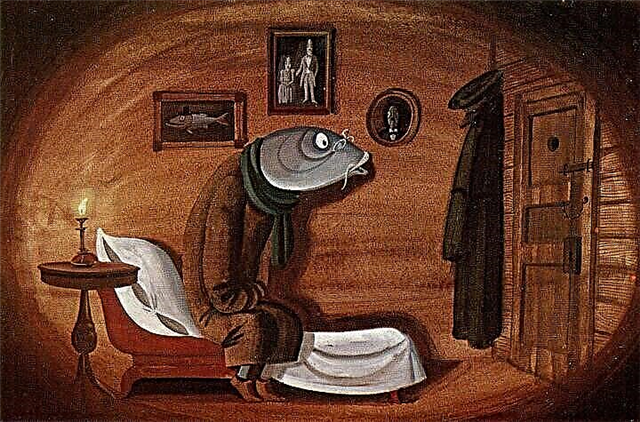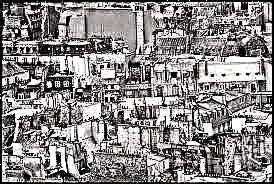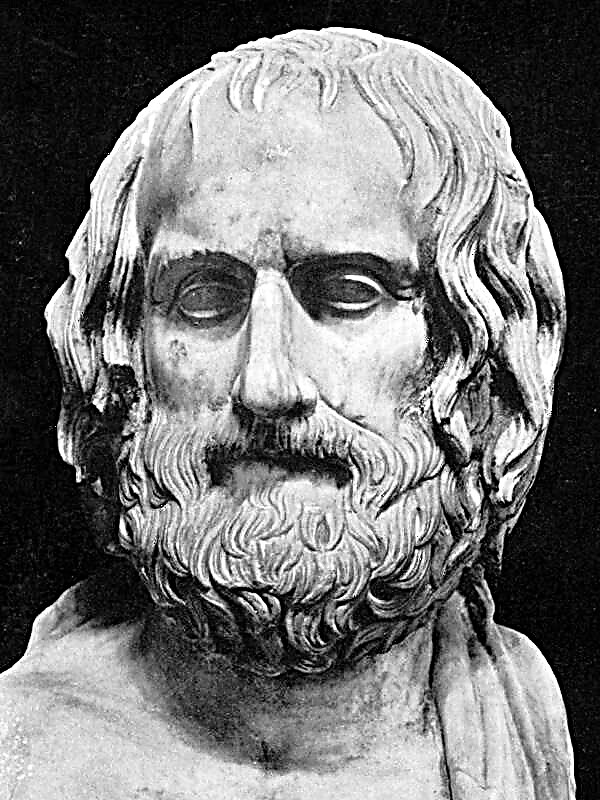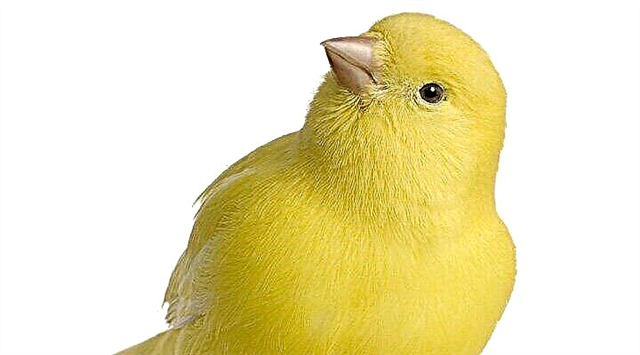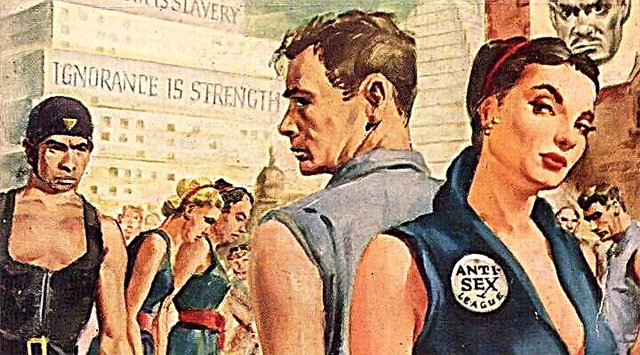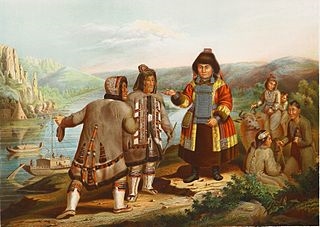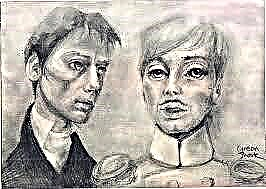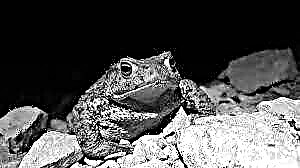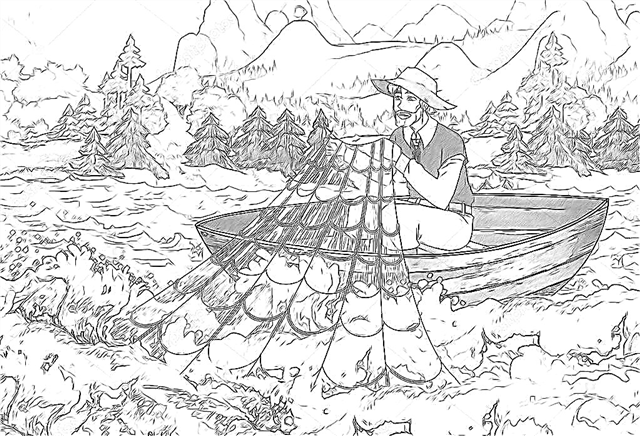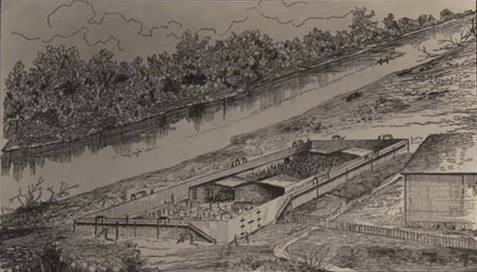An unremarkable employee in the Beijing branch of Mitsubishi, Osino Handzaburo, suddenly died before he was thirty years old. According to the conclusion of Professor Yamai, director of Tongren Hospital, Hanzaburo died from a stroke. But Hanzaburo himself did not think it was a blow. He did not even think that he was dead. He just suddenly found himself in some office where he had never been before. Two Chinese were sitting at a large table and leafing through ledgers. One of them asked him in English whether he really was Henry Ballet. Handzaburo replied that he was an employee of the Japanese Mitsubishi company Osino Handzaburo. The Chinese were alarmed: they mixed something up. They wanted to bring Hanzaburo back, but looking in the ledger, they realized that it wasn’t so easy: Osino Hanzaburo died three days ago, and his legs were already decomposed. Handzaburo thought: “Such nonsense cannot be!”, But when he looked at his feet, he saw that his trousers fluttered from the wind blowing from the window. The Chinese wanted to replace his feet with the feet of Henry Belllet, but it turned out that this was impossible: until Henry Belllet's legs arrive from Hankou, Hanzaburo will decompose his whole body. At hand was only a horse that had just slaughtered.
The Chinese decided to put Hanzaburo's horse legs, believing that this is still better than not having any. Hanzaburo begged them not to put horse legs on him, for he hated horses. He agreed to any human legs, even a little hairy, but the Chinese did not have human legs, and they assured him that he would be well with horse legs, and if from time to time to change horseshoes, you can easily overcome any road, even mountains. Hanzaburo protested and wanted to run away, but could not do this without legs. One of the Chinese brought his horse legs, stuck them in the holes of the Handzaburo state, and they immediately grew to his hips.
Further Hanzaburo remembered vaguely. When he came to, he was lying in a coffin, and the young missionary recited a memorial prayer over him. The resurrection of Hanzaburo made a lot of noise. Professor Yamai’s authority was under attack, but Yamai declared that it was a secret of nature that was inaccessible to medicine. Thus, instead of his personal authority, he jeopardized the authority of medicine. Everyone rejoiced at the resurrection of Hanzaburo, except for himself. He was afraid that his secret would be revealed and that he would be fired from work.
From the Hanzaburo diary, one can see how much trouble the horse's legs brought him: they became a hotbed of fleas, and fleas bite; there was an unpleasant smell coming from the feet, and the manager sniffed suspiciously when he spoke with Hanzaburo; he had to sleep in socks and underpants so that his wife Tsuneko would not see his legs. Once, Hanzaburo went to a second-hand book dealer. At the entrance to the shop was a horse-drawn carriage. Suddenly the coachman, clicking a whip, shouted: “Tso! Tso! " The horse backed away, and Handzaburo, to his own surprise, also involuntarily backed away. The mare was neighing, and Handzaburo felt something similar to a neigh, too, approaching his throat. He squeezed his ears and started running from all legs.
The season of yellow dust has come. The spring wind brings this dust to Beijing from Mongolia, and since Hanzaburo’s legs belonged to the Kunlun horse, sensing the native Mongolian air, they began to jump and jump. No matter how hard Hanzaburo tried, he could not stand still. Having overturned seven rickshaws along the way, he rushed home and asked his wife for a rope, which he entangled in his disobedient legs. Tsuneko decided that her husband had gone crazy and persuaded him to turn to Professor Yamai, but Hanzaburo did not want to hear about it. When the window of their room suddenly opened with a gust of wind, Hanzaburo jumped high and shouted something loudly. Tsuneko lost her senses. Handzaburo ran out of the house and, with a cry that resembled a horse neighing, rushed right into the yellow dust. He disappeared without a trace, and no one knew what happened to him.
The editor of Junten Nippon, Mr. Mudaguchi, published an article in the newspaper, where he wrote that the power of the Japanese empire is based on the principle of the family, so the head of the family does not have the right to go crazy on his own. He condemned the authorities, who still have not issued a prohibition to go crazy.
Six months later, Tsuneko experienced a new shock. The doorbell rang. When she opened the door, she saw a ragged man without a hat. She asked the stranger what he needed. He raised his head and said: “Tsuneko ...” The young woman recognized her husband as an alien and wanted to throw herself on his chest, but suddenly she saw that from under his torn to pieces shreds horse bay legs were visible. Tsuneko felt an indescribable disgust for these legs. She wanted to overpower him, but could not. Hanzaburo turned and began to slowly descend the stairs. Gathering all her courage, Tsuneko wanted to run after him, but she did not even have time to take a step, when a clatter of hooves reached her. Unable to move, Tsuneko looked after her husband. When he disappeared from sight, she fell unconscious.
After this event, Tsuneko began to believe her husband’s diary, but everyone else: both Professor Yamai, and the editor of Mudaguchi, and Hanzaburo’s colleagues believed that a person could not have horse legs, and that Tsuneko saw them was nothing more than a hallucination. The narrator believes that Hanzaburo's diary and Tsuneko's story are credible. As evidence, he refers to a note in the Junten Nippon in the same issue as the announcement of the resurrection of Hanzaburo. The note says that on the train to Hankou, the chairman of the sobriety society, Mr. Henry Bellet, suddenly died. Since he died with a flask in his hands, a suicide suspicion arose, but the results of a liquid analysis showed that there was an alcohol in the flask.

